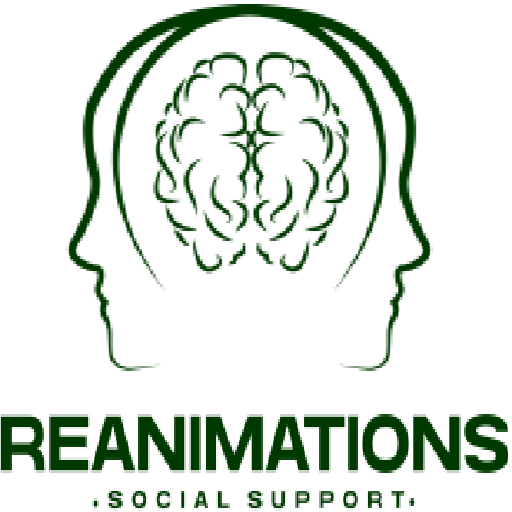Programs & Services
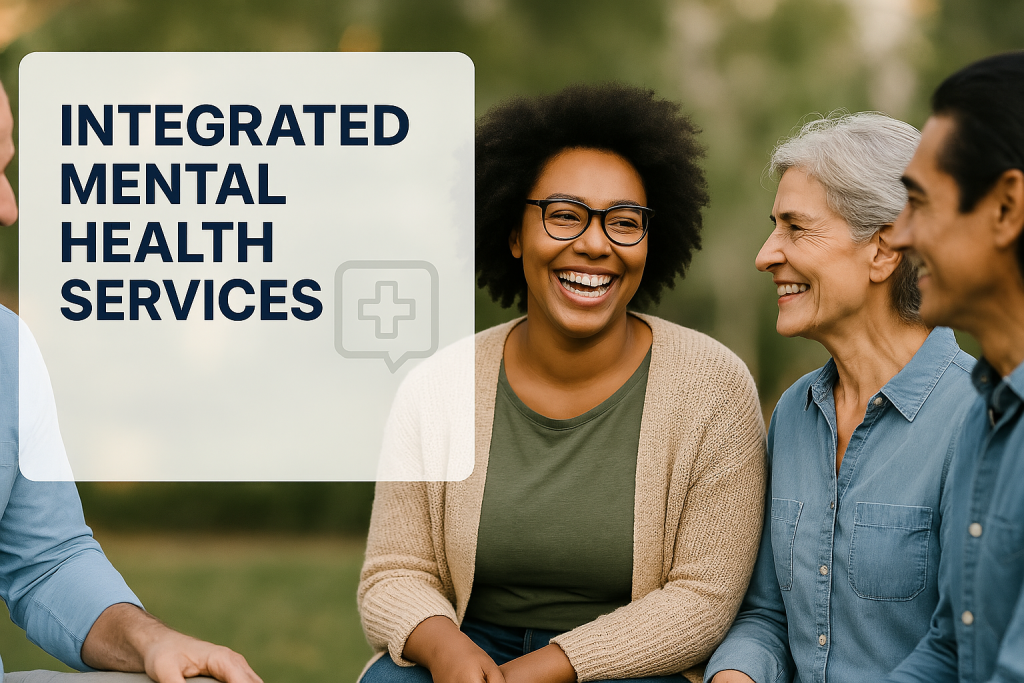
Programs & Services
Our Services
We offer therapy/counseling and medication services covered by Medicaid, as well as services for individuals without health insurance — including children and adults — but especially for:
- Autistic children
- People in wheelchairs
- Obesity
- Bullying
- Children in foster care
- Families with problems
- Depression and more
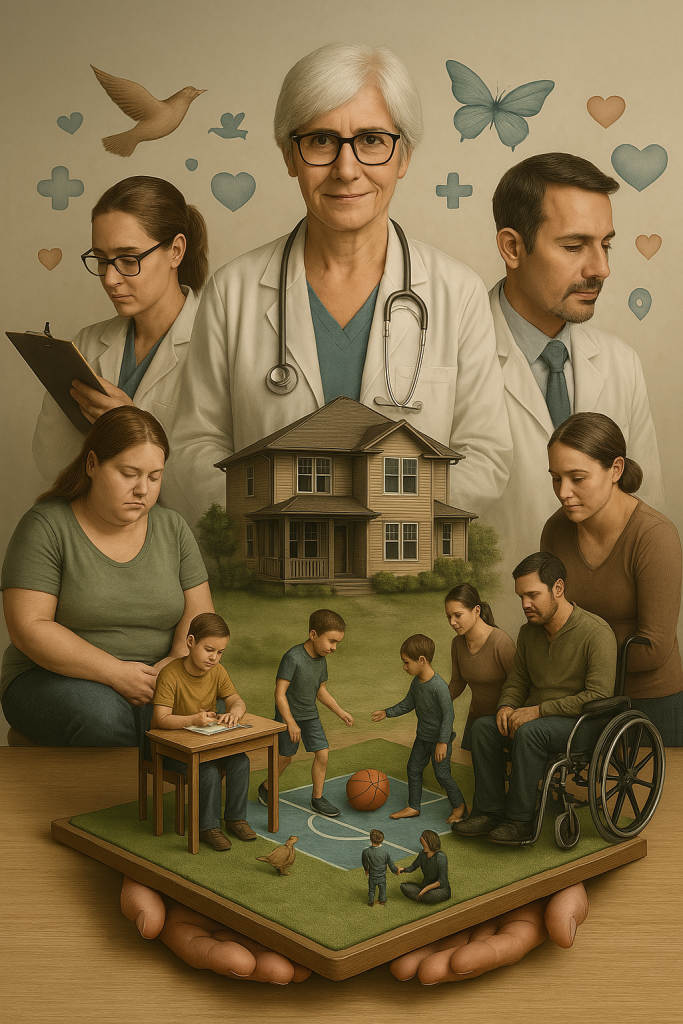
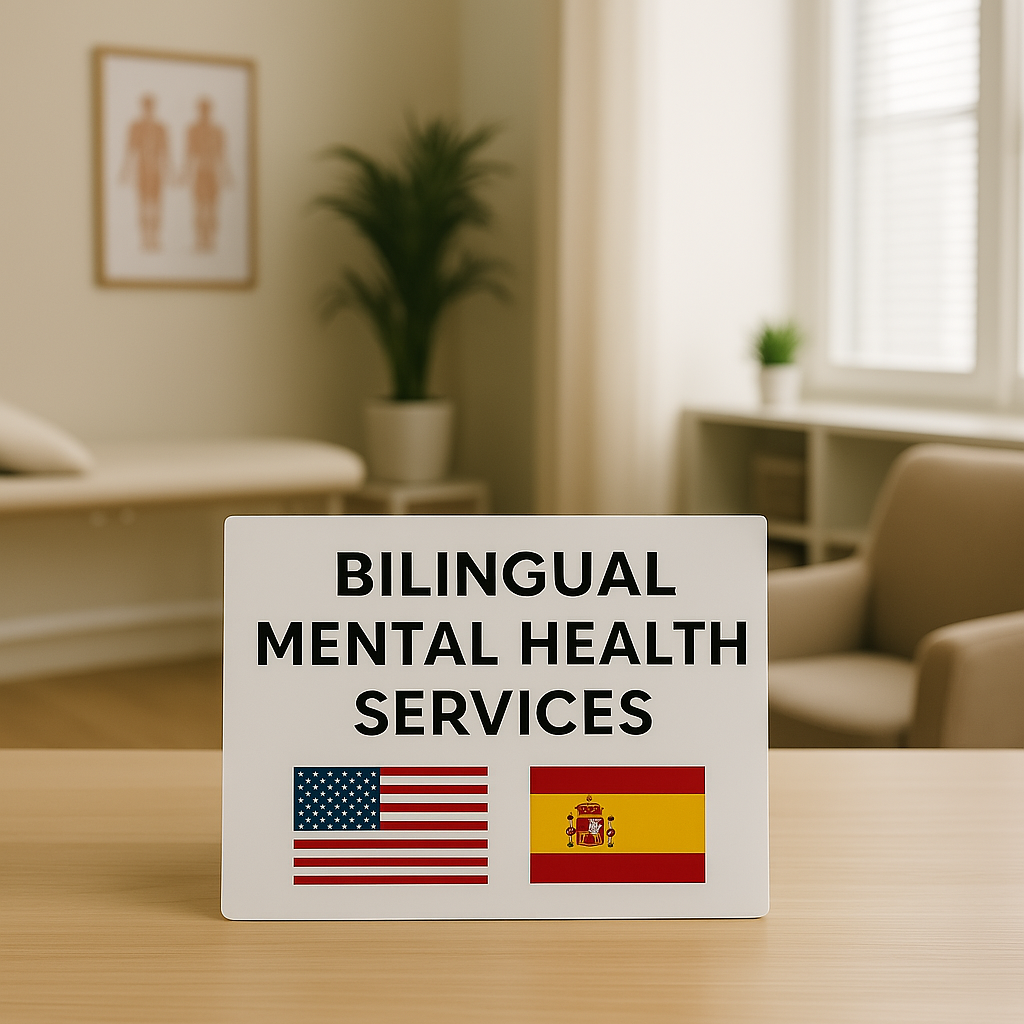
Bilingual Mental Health Services:
At 208 S Church St, Gastonia, NC 28054
(Corner of First Wesleyan Church at US-74)
Our Philosophy:
“The human brain produces adaptable and complex movements. If you move, your body will allow you more movement”
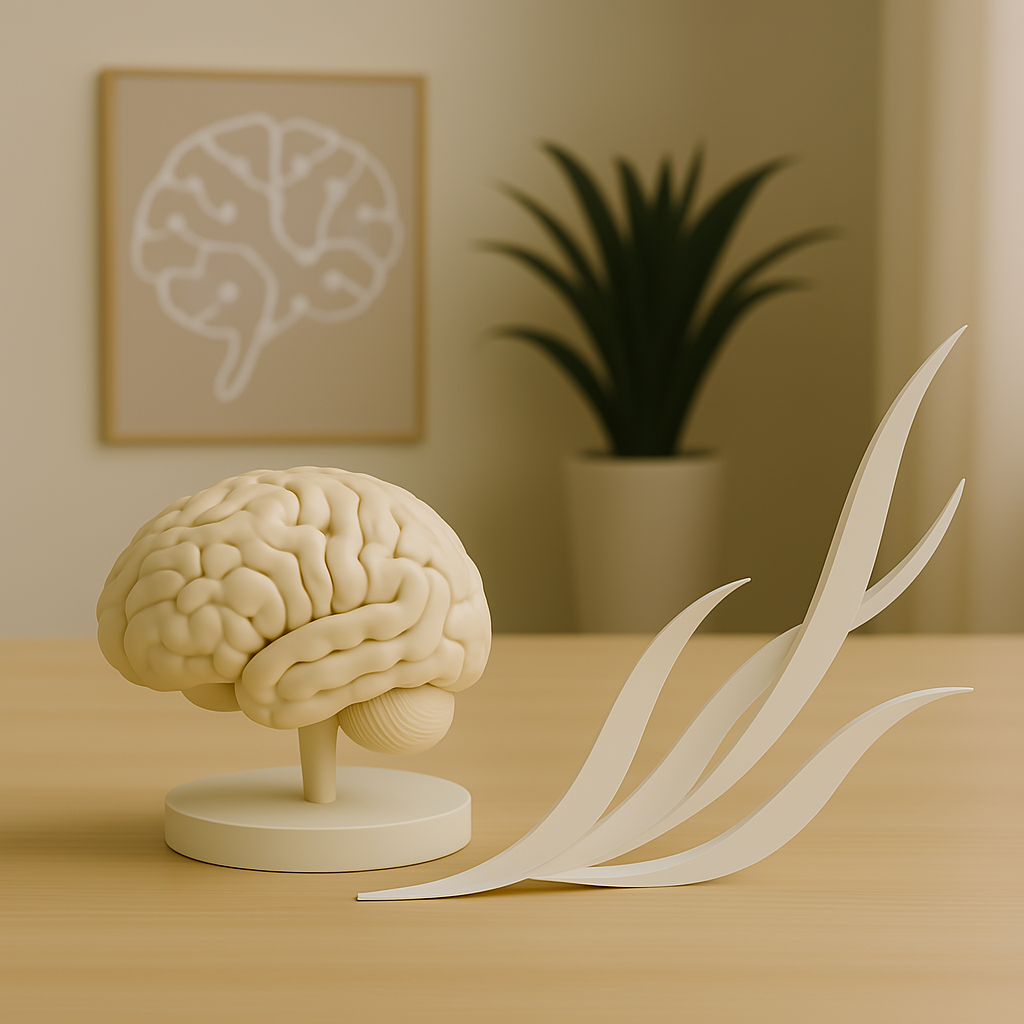
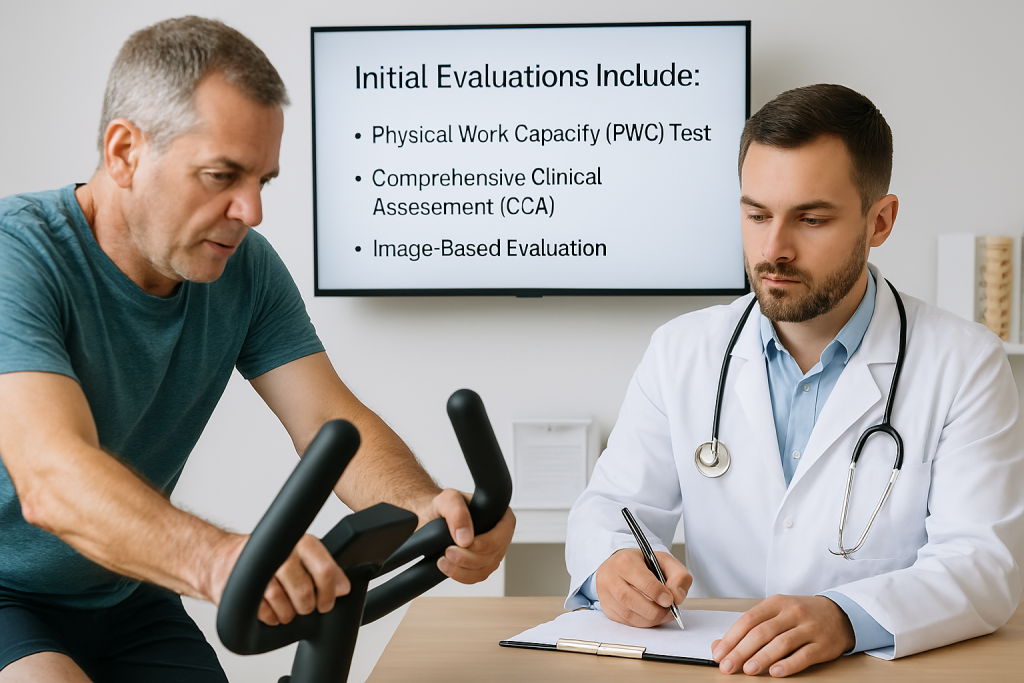
Initial Evaluations Include:
- Physical Work Capacity (PWC) Test
- Comprehensive Clinical Assessment (CCA)
- Image-Based Evaluation
Covered by Medicaid and Private Insurance
We provide a range of outpatient and Telehealth services, including:
- Telepsychology
- Behavioral Outpatient Services
- Medication Management
- Psychological Testing
- Diagnostic Evaluations


Whole-Person Recovery Approach:
To promote full recovery, we integrate therapy or counseling and medication with therapeutic physical and social activities — because a healthy mind needs a healthy body. These services are also available to individuals without health insurance:
- Therapeutic Mentoring
- Parent School
- Therapeutic Self-Defense
- Therapeutic Soccer
- Therapeutic Image, Dance & Performance
- Trade School (Vocational Training)
- Weight and Diabetes Management
- Ultrasound & Echocardiogram Testing
Psychological & Medical Evaluations Available For:
- Immigration
- Court proceedings
- School-related needs
- Other official procedures

Specialized Services for Individuals with Disabilities
Paid for by Medicaid
Please send a Certificate of Medical Necessity or a prescription to info@reanimations.org This certificate must be completed and signed by your primary care physician, physician assistant, or nurse practitioner. If your provider does not have the appropriate form, you may download the required form for each service below.

Home modifications:
These are physical modifications to a private residence that are necessary to ensure the health, welfare, and safety of the individual or to enhance the individual’s level of independence. Covered Modifications may include, but are not limited to:
- Portable ramps and ramps
- Fixed ramps
- Safety handles and railings
- Accessible bathrooms
- Home elevators and more
- Stair Lifts
- Door and hallway modifications
In addition, Reanimations provides services of repair, remodeling, maintenance, and new construction for everyone, but it has special pricing for mental health agency staff and independent professionals; contact us, and we can negotiate.
Vehicle Modifications:
These are devices, services, or controls that enable a beneficiary to increase their independence or physical safety by enabling their safe transport in and around the community. Covered Modifications may include, but are not limited to:
- Door Handle Replacements
- Door modification
- Lifting and/or lowering devices
- Handrails and grab bars
- Seat modifications
- Lower the floor of the vehicle.
- Securing wheelchairs or scooters
- Accessibility Modifications and More
Reanimations also provides services of car repairs, maintenance, and even used car sales for everyone, but it has special pricing for mental health agency staff and independent practitioners; contact us, and we can negotiate.

